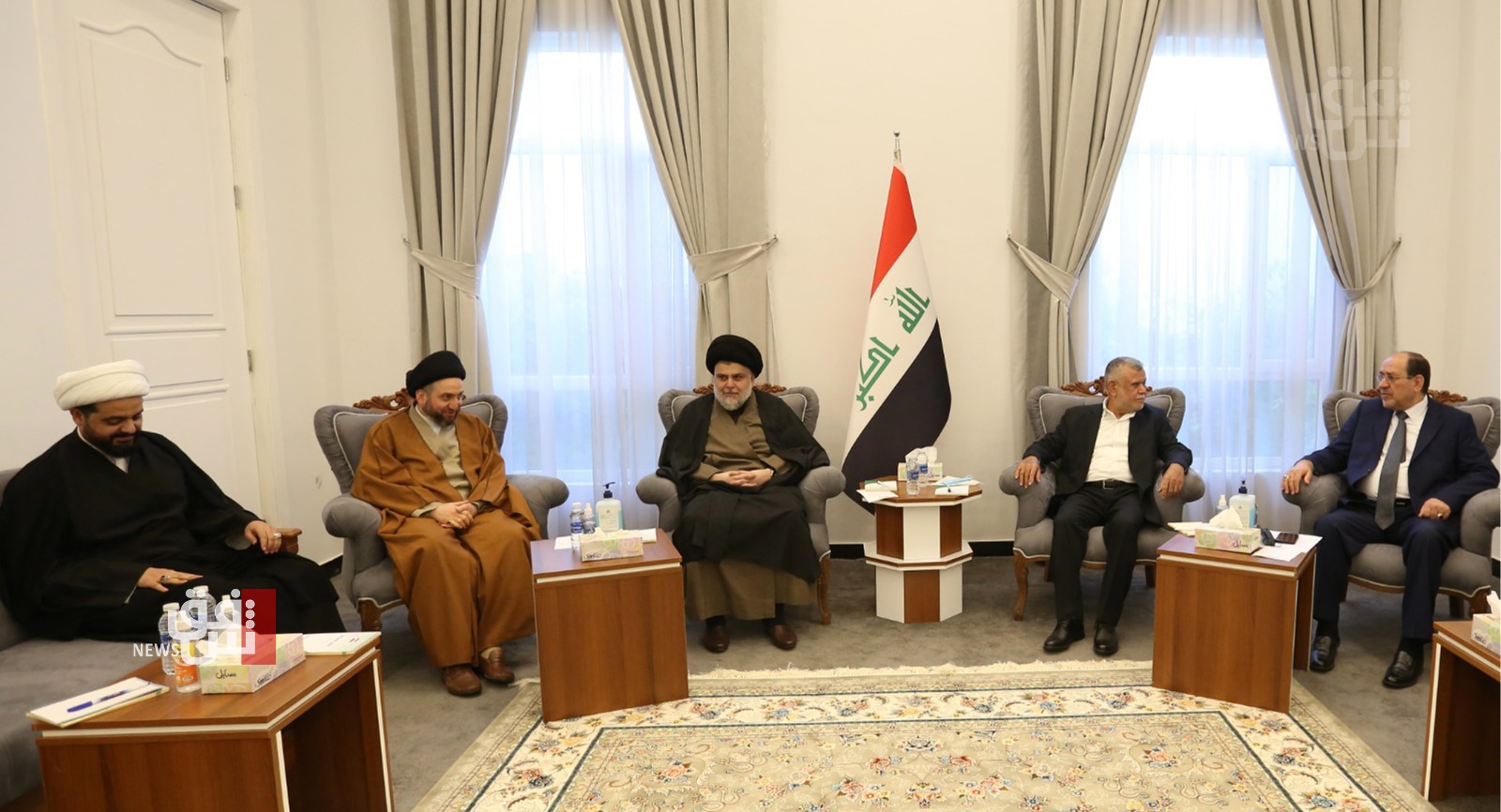Recent talks between Sadrists and Coordination Framework were not fruitful: official

ERBIL (Kurdistan 24) – Recent talks between the Sadrist Movement and the Shiite Coordination Framework weren't fruitful, the State of Law's spokesperson revealed on Tuesday.
"The recent talks between the Shiite Coordination Framework and Sadrist Movement over government formation were not fruitful," Bahaddin Nouri told a press conference. "The talks again reached a deadlock."
Read More: 'Iraq needs vigorous and healthy debate about its future': UK Ambassador
The main challenges that hinder the formation of the government are the constitutional articles related to who can form the government and the mechanism for electing Iraq's president, said Mohammed Ziyadi, Shiite Coordination Framework member of parliament, on Tuesday.
Ziyadi believes the parliament should fix these problems with new legislation.
The two sides dispute how the next government should be formed. The Sadrists favor a national majority government while the Shiite Coordination Framework is in favor of another consensus-based government.
The Iraqi constitution doesn't have a clear article that can solve this issue.
Shiite cleric Muqtada al-Sadr, in a statement published on Twitter on Tuesday, called for expediting the formation of a new federal government while rejecting the use of a quota system to determine ministerial positions.
Read More: Muqtada al-Sadr calls for expediting Iraqi government formation
In that statement, Sadr also emphasized the importance of a "reformist" parliament summoning officials suspected of corruption and dereliction of duty.
After the Federal Supreme Court dismissed Hoshyar Zebari as a presidential candidate, efforts to form the next government came to a halt. While more candidates are now seeking the presidency, no date has yet been set for a parliamentary session to vote on the nominees.
Read More: Number of candidates for the Iraqi presidency reaches 60
